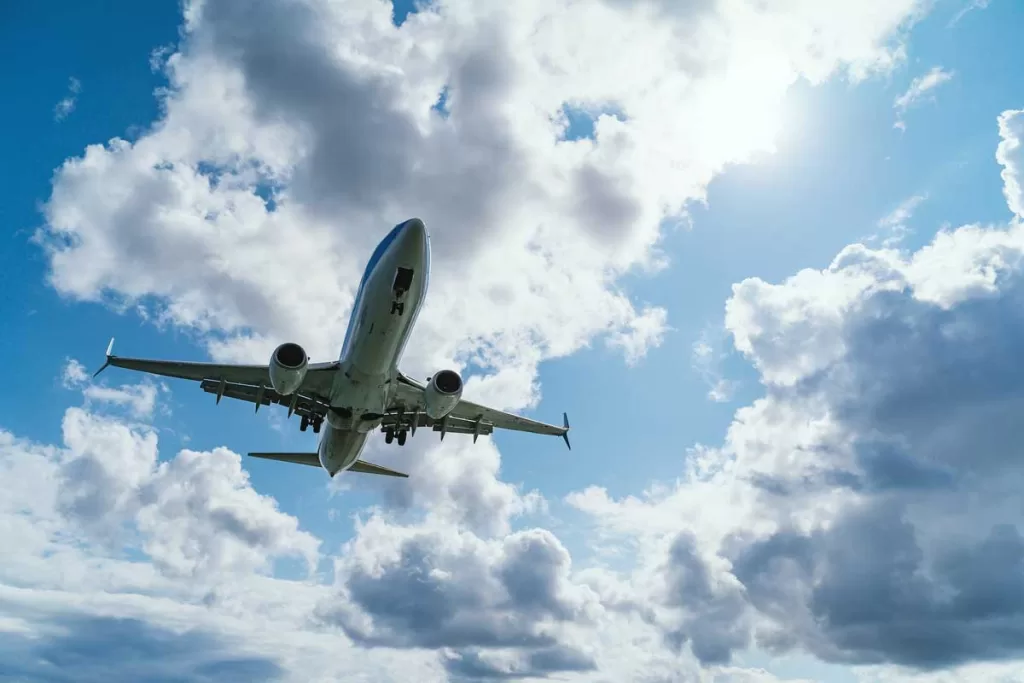A new report from the International Energy Agency (IEA) says a 10% increase in aircraft e-fuel use by 2030 will not have a significant impact on ticket prices.
The agency stressed that rapid adoption of low-emission fuels, such as e-fuels, over the course of this decade will be critical to accelerating the decarbonization of the transport sector.
The global transport sector, including aviation and shipping, accounts for 10% of total global greenhouse gas emissions.
The agency notes that low-emission e-fuels could complement the diversification of decarbonization options available to aviation and shipping, along with biofuels.
This path could also be a viable and fast-growing avenue to achieve the ambitious goal of a 10 percent increase in aviation e-fuels by 2030. In turn, this process will be facilitated by the widespread distribution of cheaper electricity from renewable sources and the expected reduction in the cost of electrical transformers.
Electronic fuels, sometimes known as synthetic fuels, have the potential to significantly reduce the climate impact of carbon-intensive transportation industries in a relatively short time.
Although burning it produces almost the same amount of carbon dioxide as fossil fuels, its emissions are carbon neutral.
Today, the production of e-fuel is still very limited due to its high price and high energy consumption, and it is currently used in luxury cars in some countries.
While there is great opportunity to green the road transport sector through the use of electricity, such as electric vehicles, the aviation and shipping sectors still rely more on fuel solutions for decarbonisation, such as biofuels and electric fuels.
The International Energy Agency estimates in its recent report entitled “The Role of E-Fuels in Decarbonizing Transport” that e-kerosene will still be twice as expensive as conventional aviation fuel, even with lower production costs. But despite this, the IEA predicts that a 10% increase in e-fuels by 2030 could have a more restraining effect than higher prices would suggest.
